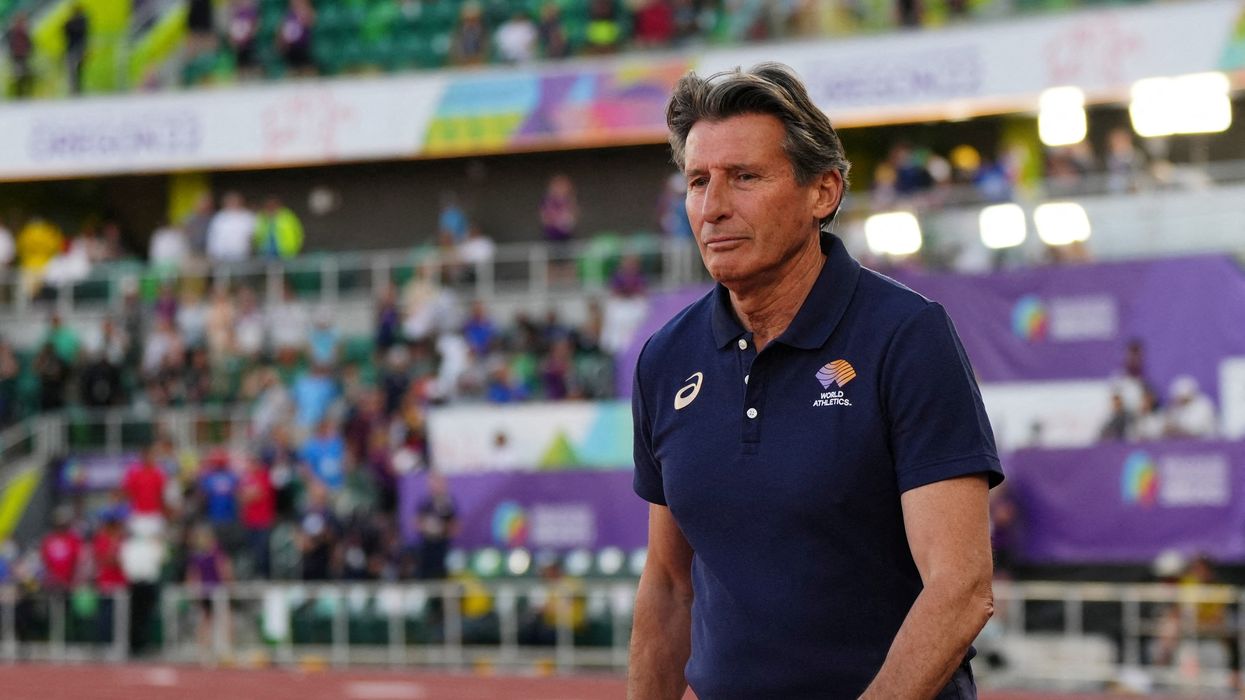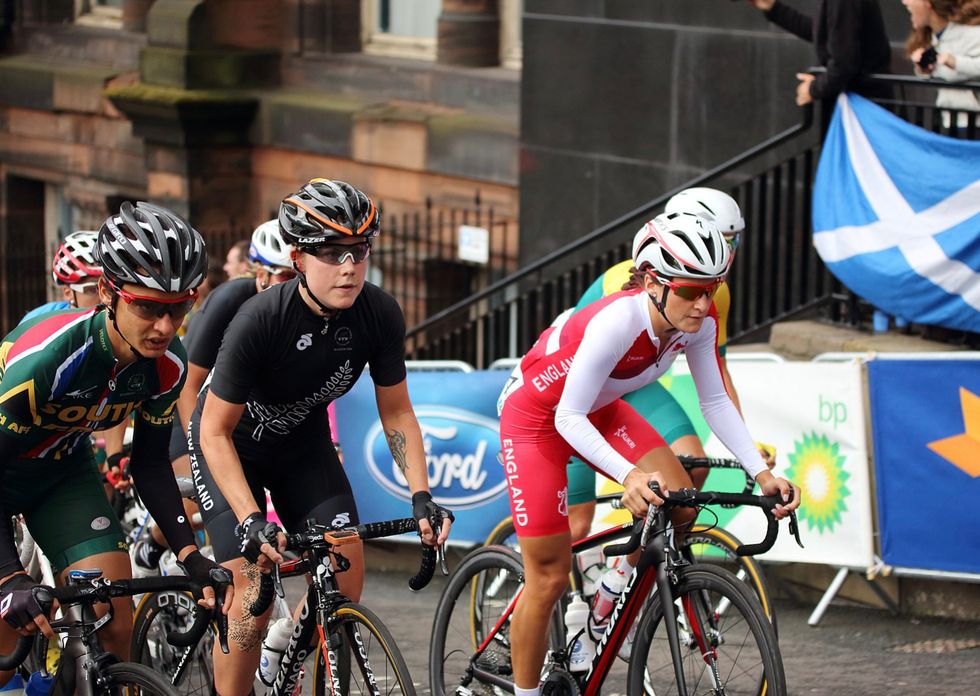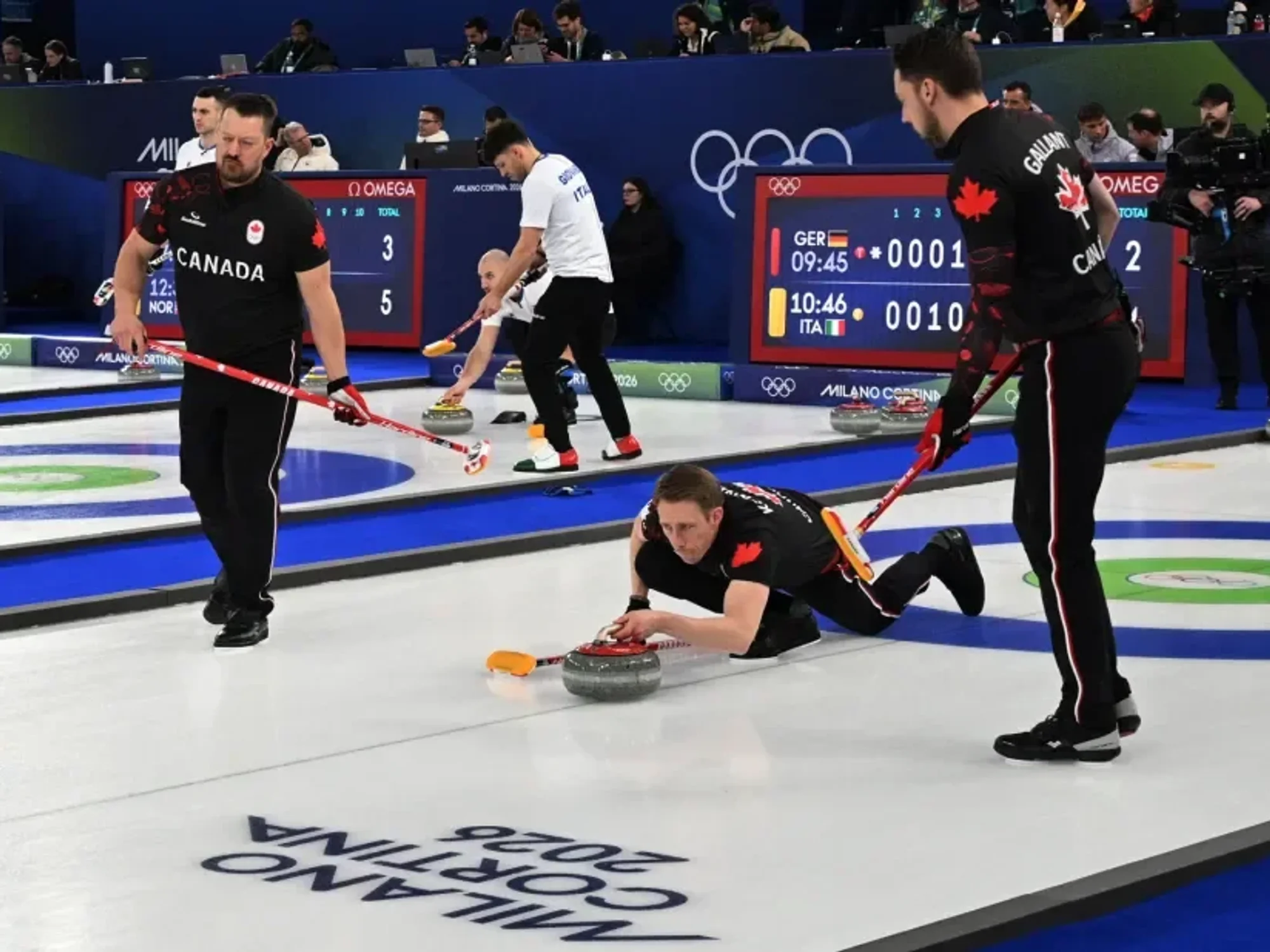World Athletics excludes transgender women from female events in landmark ruling

Lord Coe announced the landmark ruling
|Reuters

Lord Sebastian Coe announces the 'decisive action' at a press conference
Don't Miss
Most Read
World Athletics has chosen to exclude transgender women who have gone through male puberty from female events.
Lord Coe said the body has taken “decisive action” in a bid to “protect the female category in our sport”.
Lord Coe told a news conference in Monaco: "The council has agreed to exclude male-to-female transgender athletes, who have been through male puberty, from female world ranking competitions from 31 March.
"In January, World Athletics said it was consulting with member federations on a proposal to change the rules on participation of transgender women in female competitions.

Trans athletes in female sport has been a topic of contention
| gbnews"The issue is thorny as sports try to strike a balance between inclusivity and making sure there is no unfair advantage."
Lord Coe said a working group will be created in order to do further research in transgender eligibility guidelines.
Its remit will be to "consult specifically with transgender athletes to seek views on competing in athletics".
The landmark decision was made after a consultation with 40 member federations, athletes and coaches, according to Lord Coe.
The governing body had previously floated the option of transgender athletes being allowed to compete in the female category if they, too, maintained testosterone levels below 2.5 nanomoles per litre for 24 months.
Yet it said on Thursday that it became apparent there was little support within the sport for that proposal.
"We're not saying no forever," Coe said, adding that WA would form a task force to study the issue of trans inclusion that would be chaired by a transgender athlete.
DSD athletes will have to reduce their testosterone levels below the new limit for a minimum of 24 months to compete internationally in any elite event in the female category, WA said in a statement.
The tighter rules will impact DSD athletes such as two-times Olympic 800 metre champion Caster Semenya, Christine Mboma, the 2020 Olympic silver medallist in the 200m, and Francine Niyonsaba, who finished runner-up to Semenya in the 800 at the 2016 Olympics.
WA regulations around DSD previously required women competing in events between 400 metres and a mile to maintain testosterone levels below five nanomoles per litre.
At the 2020 Olympics, South Africa's Semenya and Burundi's Niyonsaba were both barred from the 800m before turning their attention to the 5,000.
Semenya failed to qualify for the Games while Niyonsaba made the final before being disqualified for a lane violation.
Namibia's Mboma, prevented from running the 400m, switched to the 200m, winning silver.










